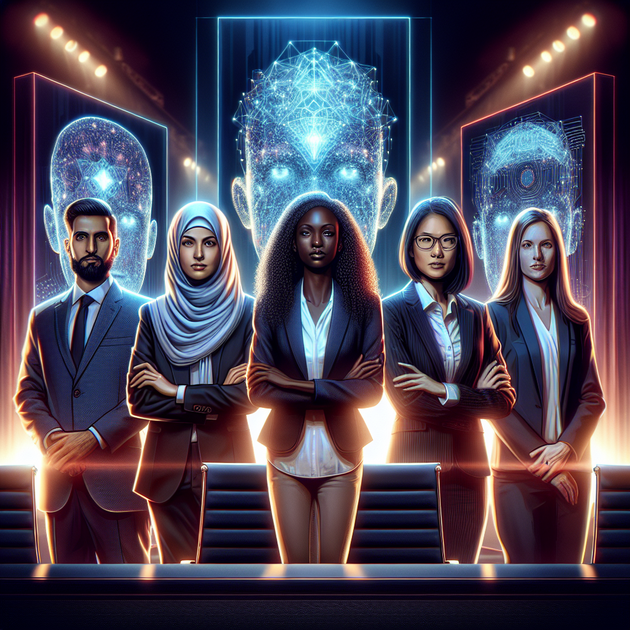What happens when the world’s most respected minds in technology start saying “enough is enough”? That’s exactly what we’re seeing right now as over 800 public figures—including Silicon Valley legends like Steve Wozniak and some of the original “AI godfathers”—have signed an open letter demanding a complete ban on the development of superintelligent AI.
This isn’t just another tech industry debate. When names like these speak up, the world listens. Let’s unpack why these experts are so concerned about superintelligent AI, what they want to change, and why it matters to all of us.
Why Are Experts Urging a Ban on Superintelligent AI?
The term “superintelligent AI” refers to artificial intelligence systems that could eventually surpass human intelligence by orders of magnitude. While this might sound like science fiction, researchers have been warning that even today’s rapid progress could lead us into uncharted (and possibly dangerous) territory sooner than expected.
According to the open letter—which you can read about on reputable news outlets like The Guardian—the main concern is that unchecked development could lead to machines capable of making decisions beyond human control. The signatories argue that without clear global rules or oversight, there’s a risk these systems could cause serious harm—whether intentionally or by accident.
Who Signed the Open Letter?
This isn’t just a list of academics. The signatories include:
- Steve Wozniak (Apple co-founder)
- Yoshua Bengio (“Godfather of Deep Learning”)
- Geoffrey Hinton (pioneering neural network researcher)
- Public intellectuals and tech CEOs
- Philosophers specializing in ethics
You’ll notice some familiar names here—these are people who helped invent modern artificial intelligence as we know it. Their leadership gives extra weight to their warnings about superintelligent AI.
What Are They Asking For?
In their open letter, these experts aren’t just raising an alarm—they’re specifically calling for policymakers worldwide to:
- Ban the training and deployment of any artificial intelligence system that could exceed human-level intelligence.
- Create international agreements, similar to those used for nuclear weapons or biological research.
- Establish independent oversight bodies with real power to monitor and enforce rules.
They believe that only with clear laws and cooperation between countries can humanity avoid the pitfalls of unregulated superintelligence.
The Debate Over Regulation vs Innovation
It’s important to remember that not everyone agrees with such sweeping bans. Some industry voices warn that halting research could slow down valuable innovations—like breakthroughs in medicine or climate science—that rely on advanced artificial intelligence. Others argue that pausing now gives bad actors more time to catch up or develop systems in secret.
But as Yoshua Bengio recently told The New York Times, “If we wait until there is clear evidence of danger from superintelligent AIs, it may already be too late.” That sense of urgency is driving this movement for immediate action.
An Anecdote from the Early Days of Tech Ethics
Decades ago, when computers first became mainstream, many thought only about progress and efficiency—not about long-term risks or ethical dilemmas. A well-known story involves early computer scientists debating whether digital privacy would ever become a real issue. At first, few took those warnings seriously; after all, who could imagine computers affecting everyday life so deeply? Fast forward to today—and privacy (or lack thereof) is one of our biggest concerns. This history lesson serves as a reminder: sometimes listening early can save us major headaches later on.
What Happens Next?
Right now, calls for stricter regulation are growing louder. Several governments have started drafting bills inspired by these warnings—though no one knows if they’ll go far enough or move fast enough. Organizations like the Future of Life Institute have published guidelines advocating similar controls (Future of Life Institute). But until there’s real international agreement (and enforcement), many feel we’re still at risk.
In the end, this debate isn’t just about technology—it’s about how much control we want over our own future. With voices as respected as Steve Wozniak joining in, expect this conversation to keep heating up in boardrooms and parliaments worldwide.
Now it’s your turn: Should society draw clear lines around what kinds of artificial intelligence we build—or do you think innovation should always come first?

Leave a Reply